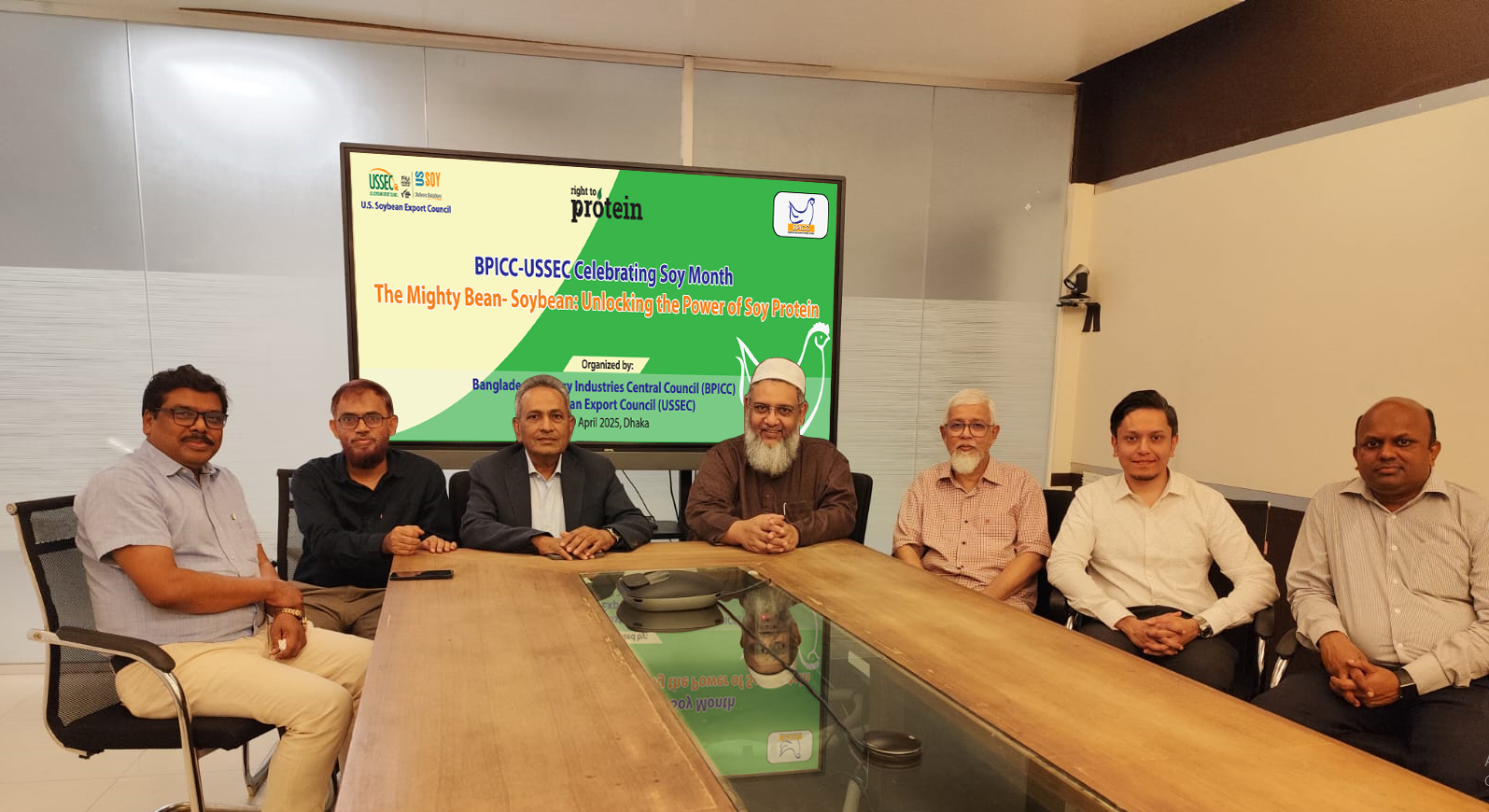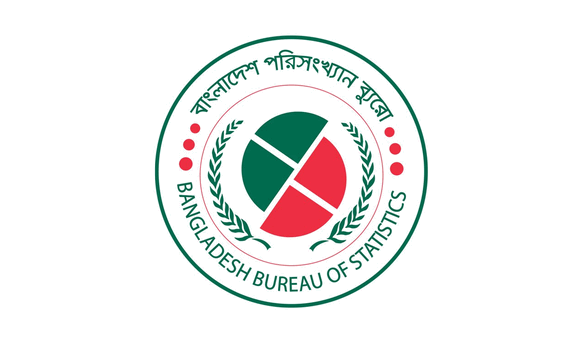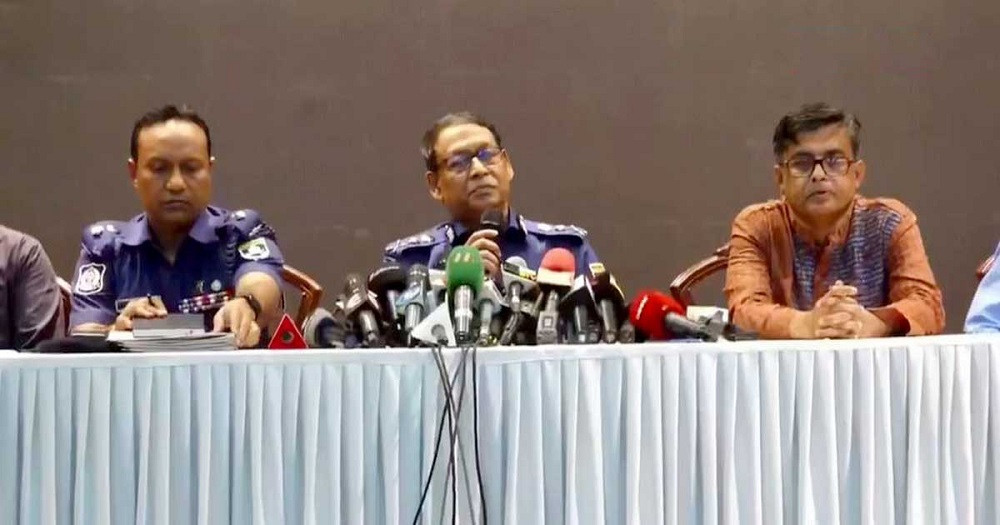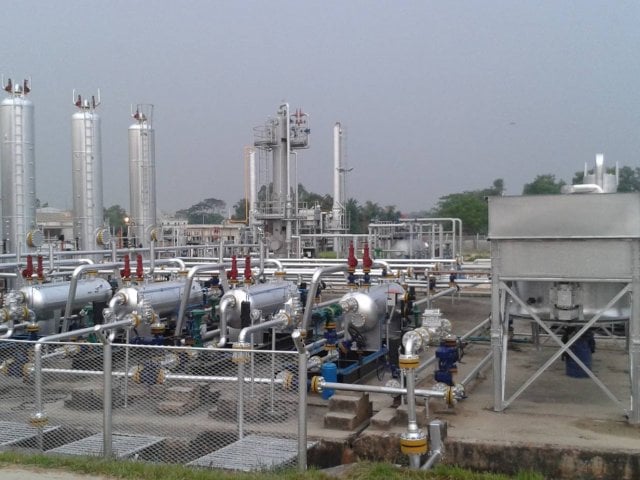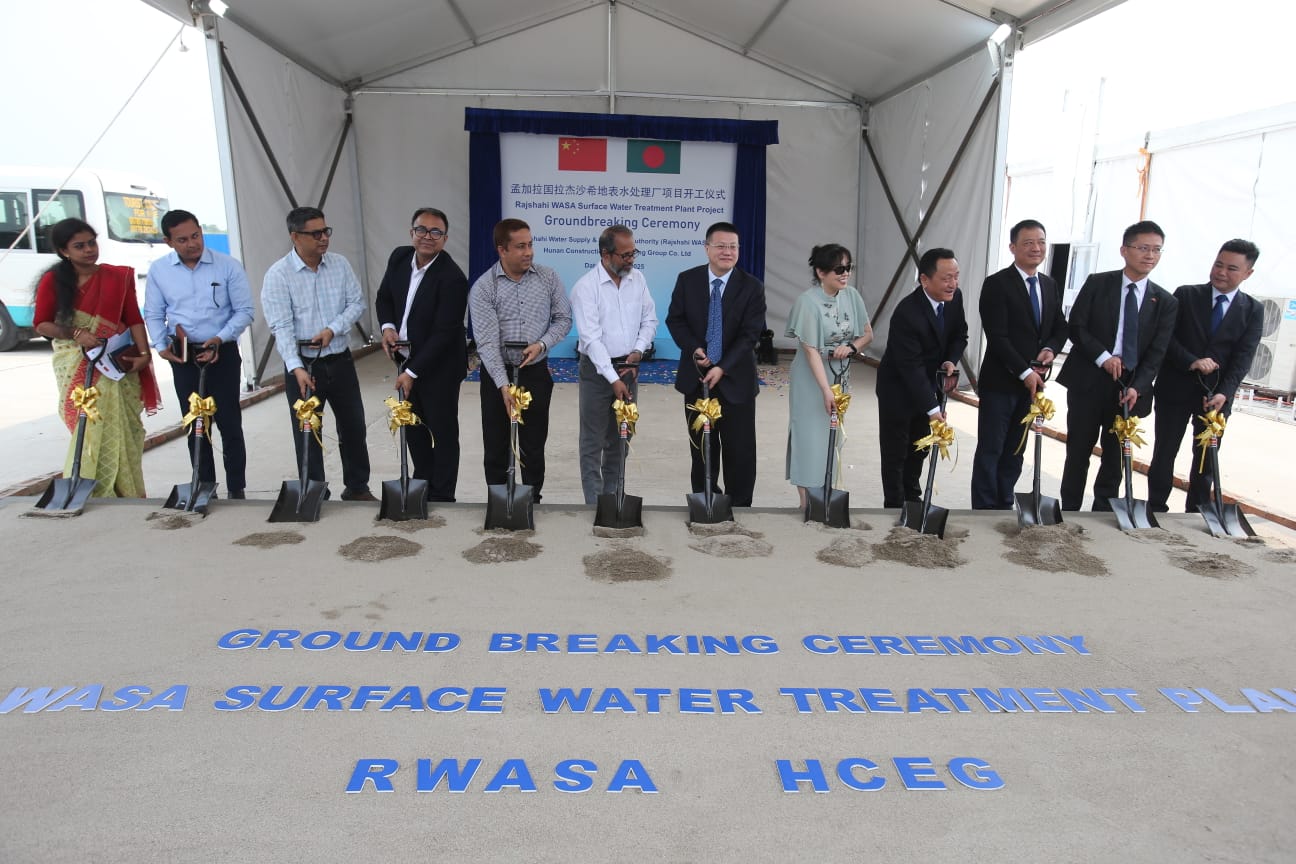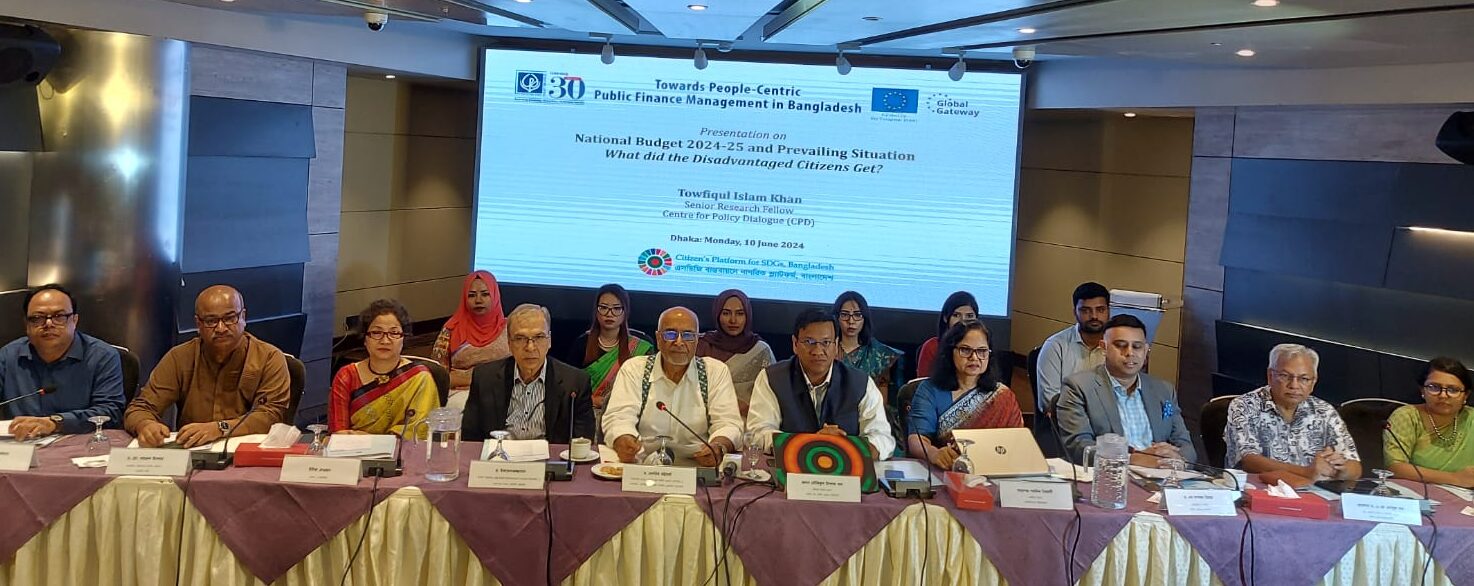
Renowned economist Dr Debapriya Bhattacharya has criticized the proposed budget for the fiscal year 2024-25, stating that it lacks measures to address the issues plaguing the banking and energy sectors, which he described as the “lungs” of the country’s economy.
According to Dr. Bhattacharya, the government’s focus appears to be on influential individuals rather than the common people.
He shared these views at a joint media briefing on “National Budget 2024-25 and Prevailing Situation: Access to Disadvantaged People,” organized by the Centre for Policy Dialogue (CPD) and Citizen’s Platform for SDGs, Bangladesh, with support from the European Union. The event was held at the BRAC Centre in the city’s Mohakhali area on Monday.
Other prominent speakers included Chairman of Policy Exchange of Bangladesh M Masrur Reaz, Executive Director of Transparency International Bangladesh (TIB) Iftekharuzzaman, East West University economics professor AK Enamul Haque, and Jahangirnagar University economics professor Sharmind Neelormi.
The CPD Distinguished Fellow Dr Debapriya Bhattacharya pointed out that various initiatives in the budget do not prioritise the needs of the general population but rather cater to specific influential groups.
“Banks and energy were very important for us this time. Just like the lungs of the body. But there is no mention of repairing them in the budget,” he said. He emphasised that the implementation of the budget requires accountability and good governance, suggesting potential legal changes to ensure these elements.
Taufiqul Islam Khan, Research Director of CPD, presented the keynote at the press briefing. He noted that the budget reduces indirect tax exemptions significantly but fails to address direct tax reliefs in sectors such as garments, fuel, and microcredit. He also criticized the provision allowing the legalization of black money with a 15% tax, pointing out disparities in tax rates for property purchases in affluent areas.
Khan expressed concern over the lack of measures to tackle the economic crisis’s root causes, such as market irregularities, banking sector issues, and the debt crisis. He called for prioritizing disadvantaged groups in economic policies, highlighting that around 30% of low-income people suffer from food insecurity.
Dr Bhattacharya highlighted discrepancies between the proposed budget and the ruling party’s election manifesto, indicating that the budget’s policies and allocations do not align with the government’s planned initiatives.
Iftekharuzzaman said, “This year’s budget is ambitious but empty. Those who are already behind will fall further behind. Small traders will struggle. This budget will widen the gap between the rich and poor and increase corruption levels.”
Referring to the topic of laundering black money, he said, “Former RAB chiefs, police chiefs, and various others are under investigation. But if they pay a 15% tax, no one can question them. Now it is a rule that no one can even question this.”
“I apologize to the next generation. I can no longer tell them to be honest and earn justly without engaging in corruption. The state has taken away my right to say this. Now, anyone can see that in this country, being honest leads to loss, while being corrupt brings more income and profit.”
Policy Exchange Bangladesh chairman and chief executive officer M Mashrur Riaz said
M Masrur Reaz, chairman of the Policy Exchange Bangladesh, said, “There is no mention of banking governance in this year’s budget. How will the looted money be returned? Will it come back just by declaring a 15% tax? These issues are mentioned in the budget, but how much money actually comes back? It doesn’t. There is no project or program allocation in the budget to recover this looted money.”
“Small traders are already worse off. Big traders crowd out small traders. The government will borrow a large part from banks to meet the deficit. So where will these small businessmen go? This way, the economy of this country will decline further.”





